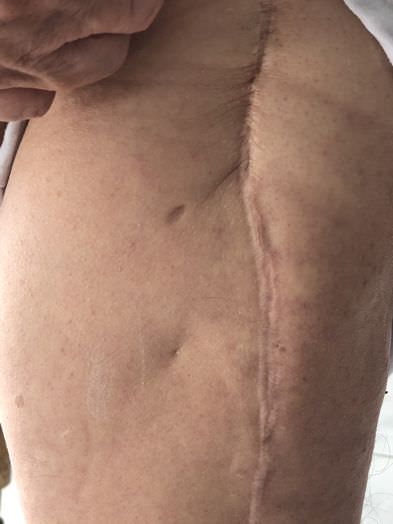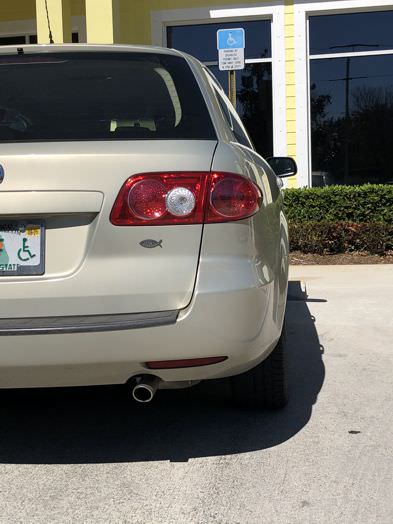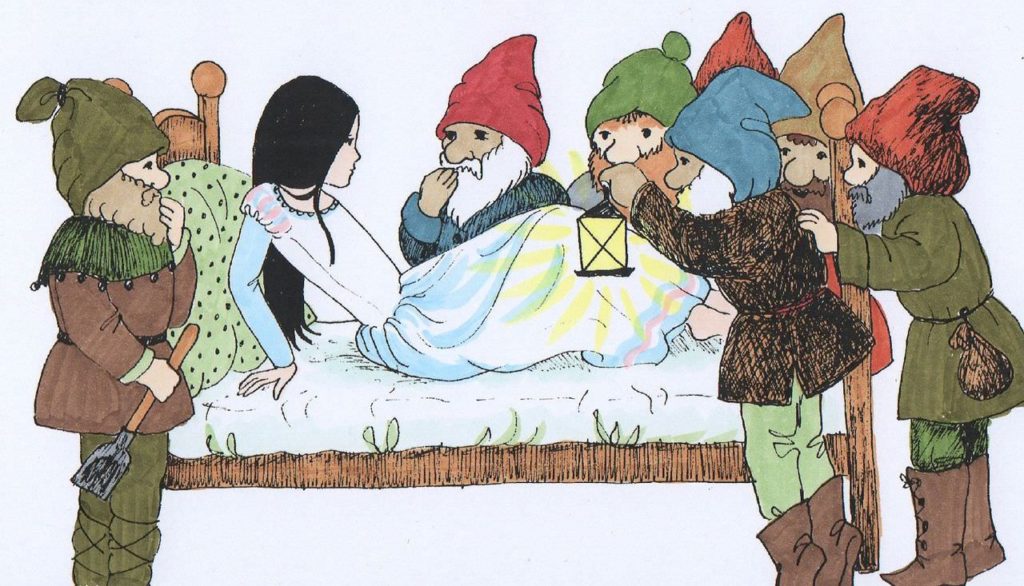
Pain, joint deterioration and hairline fractures in both hips dictated Robert’s use of crutches. For months, the morning sound of his crutches clip-clopping around the house substituted for my alarm clock, except for the inability to set the time for when I was ready to get up. But clearly it was time to schedule hip replacement surgery.
Although we lived in Rochester, New York, Robert scheduled surgery at the Cleveland Clinic in Ohio given their hip replacement expertise and dwarfism experience. But our gratitude for health insurance that covered out-of-state surgeries dissolved when my employer switched to an HMO health plan that favored in network surgery. Our prayers of desperation were answered favorably when the HMO agreed that going out-of-state was medically necessary.
Want to subscribe to receive blog updates sign up today!
Robert prepared himself mentally for surgery by snorkeling at John Pennekamp Coral Reef State Park in Key Largo, Florida. Although immediately surrounded by a fearsome school of barracudas, he blew extra bubbles when they didn’t mistake him for a meal! Robert’s spirits were lifted when he found the 16-foot underwater statue, Christ of the Abyss, with Jesus’s arms reaching out to remind Robert of His presence.
In physical preparation, Robert donated two units of his own blood. He also shared a medical article on anesthesia and dwarfism and refused any anesthetic until the anesthesiologist assured him she had read the article. In spiritual preparation, I found strength in Scripture:
Some boast in chariots and
Psalm 20:6-7
some in horses,
But we will boast in the name
of the LORD, our God.
Twenty-four years ago today, God answered our prayers. Robert returned to his hospital room after the surgery high as a kite tanked up on three pints of blood and morphine. He repeatedly shared God’s blessing with the transporter and greeted me with enthusiasm.
On his way to his first physical therapy session, a disheveled, unshaven Robert asked me, “How do I look?” I answered, “Wonderful. You look better and better every day.” A single male nurse overheard the conversation and said, “Every man should have a wife like you.”
When the medical social worker was making discharge plans, she asked about arrangements for airlifting Robert from Cleveland to Rochester. She was dumbfounded to learn that our plan was for me to drive the 250 miles with Robert reclined on the back seat with pillows, a water bottle, and urinal. No problem. Robert’s 40 inches in length easily fit across the back seat, hospital staff helped him into the vehicle in Cleveland, and church friends helped him out in Rochester. These friends also set up bathroom accommodations—a handgrip, support rails, and a platform around the toilet so that his legs didn’t dangle.
Once Robert recovered from the shock of a two-week house arrest, he made good use of his computer working at home and doing our taxes online between therapy and nurse visits. We thanked God then and now as his prosthesis remains stable.
What is your experience with body part replacements?
This is a condensed version from chapter 15 in “Pass Me Your Shoes.” For a full account, go to https://angelamuirvanetten.com for several retail links to the book and subscribe to my weekly blog.



